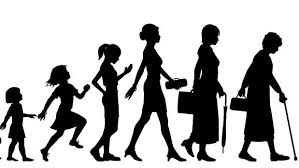More people are reaching a ripe old age than ever before in history. In the early 1800s, life expectancy was a mere 45 years. But today, in Australia, Canada, Japan, and most European countries, people can expect to live to 80 and beyond. If the trend continues, a majority of babies born in these countries will live past their 100th birthday. But this increase in longevity comes with some bad news. Although we manage to survive longer than preceding generations, we often gain time without being healthier in those extra years.

The Difference Between Thriving and Surviving as We Age
Studies worldwide indicate that after age 60, most people have at least one chronic disorder, such as heart disease or diabetes. A recent population-based study in Sweden found that at age 80, only one of 10 individuals were living well and not suffering from either a chronic disease or Frailty Syndrome.
In the U.S. almost one-third of people older than 85 have received an Alzheimer’s diagnosis, often combined with other types of dementia such as that caused by vascular disease.1
What’s Wrong with Our Modern Medicine Healthcare Model?

Modern Medicine faces fundamental challenges in that we are removing the human element and attempting to reduce everything to a single cause and effect. Given the functional interdependencies between the molecular components in a human cell, disease is rarely a consequence of an abnormality in a single gene, but reflects the perturbations of the complex intracellular and intercellular network that links tissue and organ systems.2
Continue reading “Mederi Medicine and the Application of Hermeneutics”
